In celebration of World Biodiversity Day today, we are pleased to have the opportunity to highlight the importance of biodiversity and why it is so essential to our planet’s future.
All species are interlinked within an environment, inspiring the maintenance of its biodiversity, and ensuring the availability of vital products and resources for safety and welfare. One thing is certain: for all our technological advancements, we remain entirely dependent on safe, healthy environments for our water, food, clothing, electricity, housing, and other vital resources.
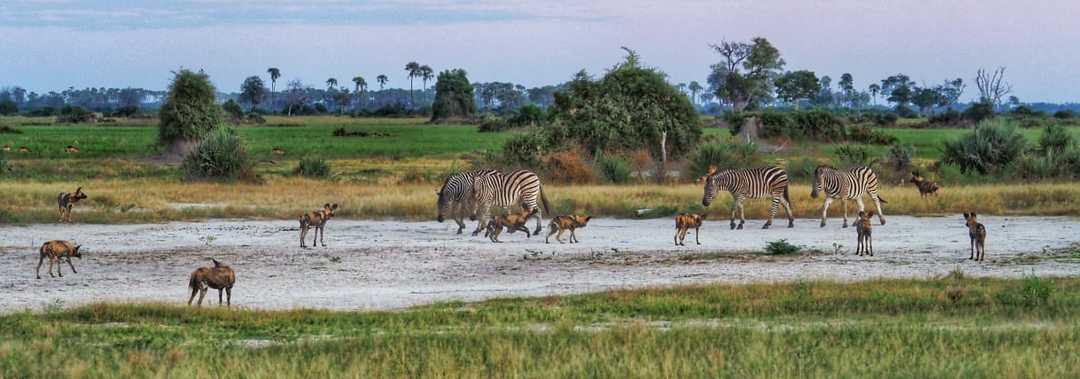
The theme this year, "Our solutions lie in nature", illustrates the value of inspired collaborations to create an environmentally sustainable vision for our lives. We are beholden to constantly revisiting the partnership between our societies and the natural environment. Today, let us understand how extraordinary biodiversity is and how we can sustain it, not just for our ecosystems, but also humankind.
Africa is renowned for its density and diversity of wildlife, which is the overriding attraction for the huge number of ecotourists that visit each year. This continent full of wildlife is also alone amongst the continents in the persistent existence of mega-fauna that co-exist side by side with humans.
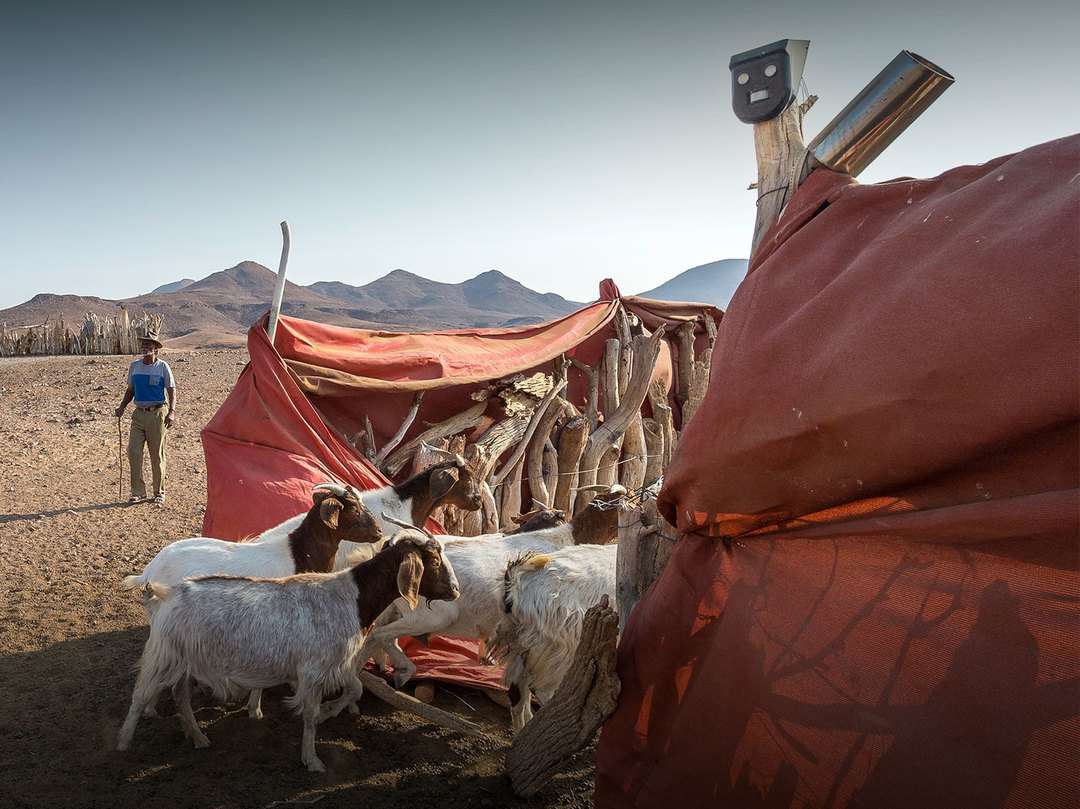
Over 1 100 mammal species, which include an array of large mammals not found elsewhere on Earth, occur here. It has a greater variety of large ungulates (90 species) than any other continent, and at least 60 carnivore species, together with a wide array of primates. Africa further boasts 23% of the world’s bird population across 111 bird families. Of these, about 1 800 species and 20 families are endemic to Africa. Africa’s diversity in reptiles and amphibians is also immense, indicative of the various specialised habitat types and 11 biomes found on this second-largest continent.
Africa is unfortunately also a continent battling rampant population growth, development and extraction of natural resources. If biodiversity cannot demonstrate commercial or social value, it is all too often relegated to the irrelevant or unimportant. Ecotourism has had a huge impact in this regard.

For 37 years, Wilderness Safaris has used high-value, low-volume ecotourism to fund the conservation and restoration of Africa’s wilderness and wildlife. But, it is not enough to operate in the savannah only. Serious ecotourism companies need to migrate the model into less well-known and even more threatened ecosystems, and prove the merit of conserving these spaces and species. Today, Wilderness Safaris helps protect more than 2 million hectares, across seven biomes, of Africa’s most pristine wilderness.
This footprint is also representative of some of Africa’s most fragile and sensitive ecosystems such as the lush Afromontane forest of the Albertine Rift, moist Central Zambezian miombo woodlands of central Africa, and the arid Namib Desert in the south-western corner of the continent. Biodiversity conservation has thus always been a key priority for Wilderness, and the environment is at the heart of our business model.
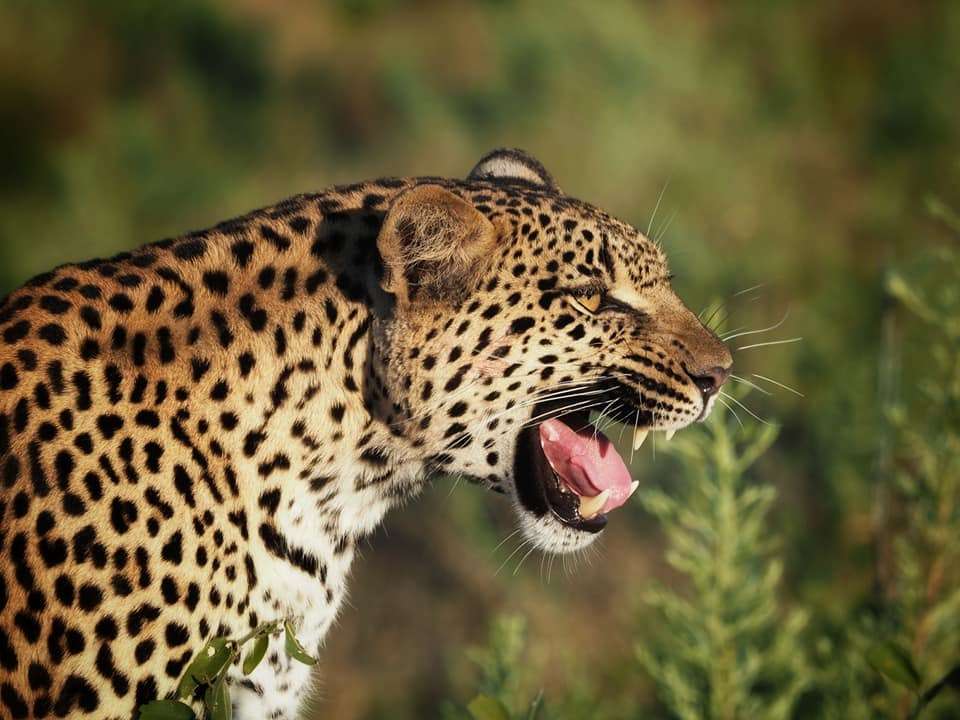
Wilderness helps conserve no fewer than 56 species that fall within the key threatened categories of the IUCN Red List. Seven of these fall within the Critically Endangered category, and wherever possible we help to arrest their declines by implementing monitoring and research projects as well as other measures. These species include eastern black rhino, south-central black rhino, white-backed vulture and white-headed vulture. The rest fall in the categories of Near Threatened, Vulnerable and Endangered, and include well-known African species such as south-western black rhino, African elephant, mountain gorilla, Hartmann’s mountain zebra, cheetah, hippopotamus, lion, leopard, secretary bird, Temminck’s ground pangolin, giraffe and wattled crane, to just mention a few.
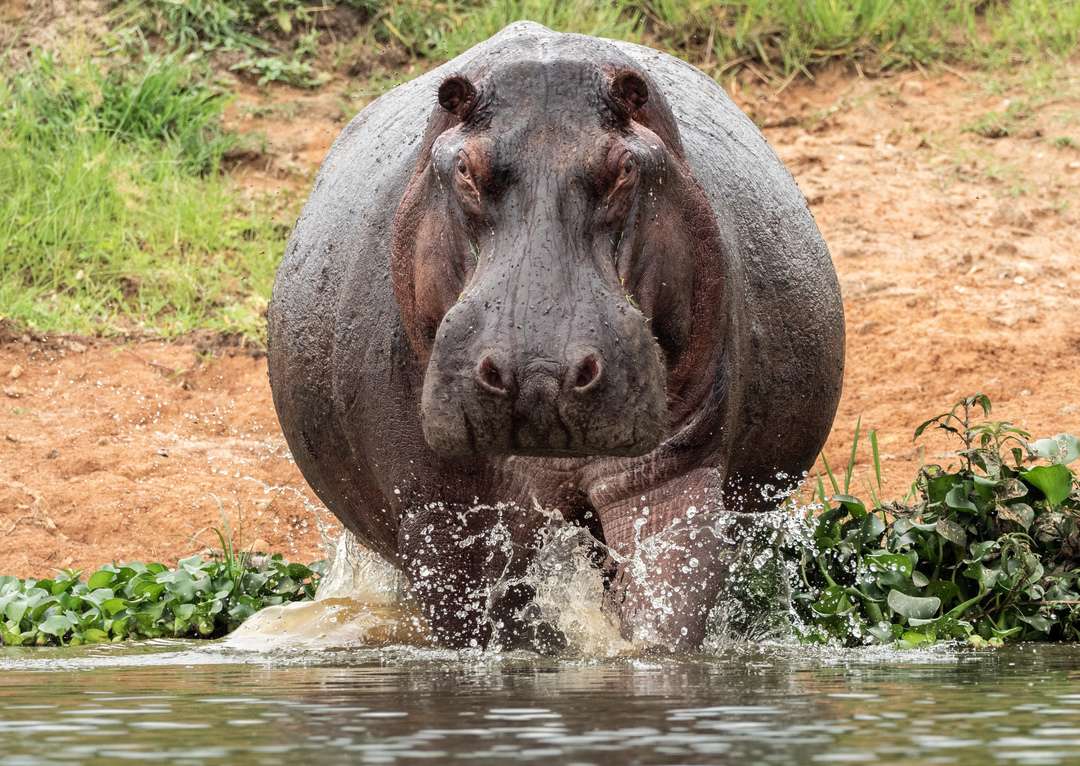
Globally, more than 31,000 species are threatened with extinction. In Africa, Wilderness Safaris is doing its utmost to curb this frightening statistic, and we are thankful for our numerous success stories in this regard.
Below are a few examples that illustrate our commitment to not only protecting the biodiversity of the seven countries in which we operate, but also to building further sustainable conservation economies in Africa.
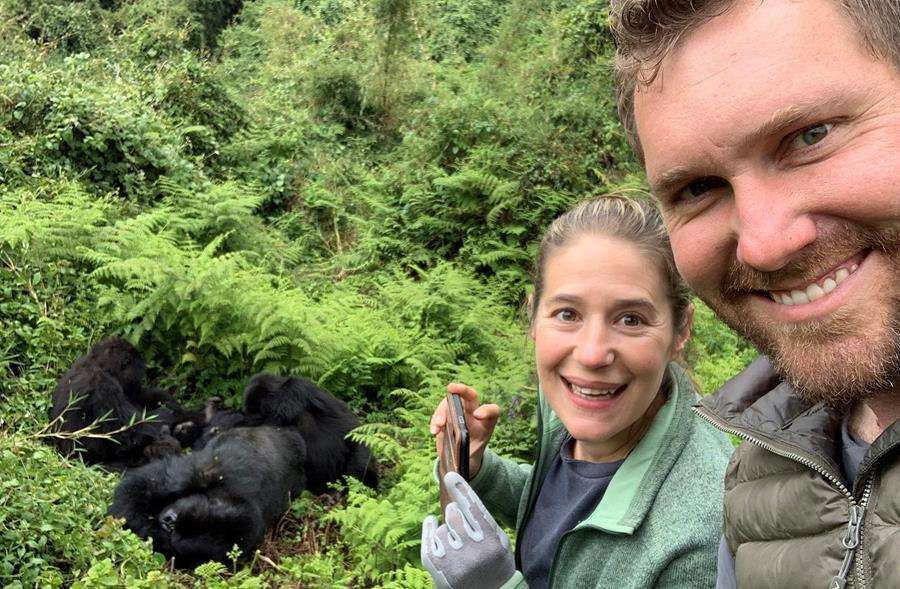
• In Rwanda, Wilderness Safaris initiated pioneering conservation projects through Bisate Lodge at nearby Volcanoes National Park, and Magashi Camp in Akagera National Park, helping to conserve 10 430 hectares of unspoiled wilderness and five Vulnerable and Endangered species. The reforestation project at Bisate has germinated over 100 000 indigenous tree seedlings each year since 2016. This visionary programme has also seen more than 30 000 trees nurtured into complete independence from the care of the lodge.
• Our ongoing conservation commitment in Namibia with WWT supports projects such as the Desert Lion Conservation Project, which is based at the Hoanib Research Centre, the company’s groundbreaking centre for research on desert-adapted wildlife. Wilderness also contributes to Emsie Verwey’s Skeleton Coast Brown Hyena Project.
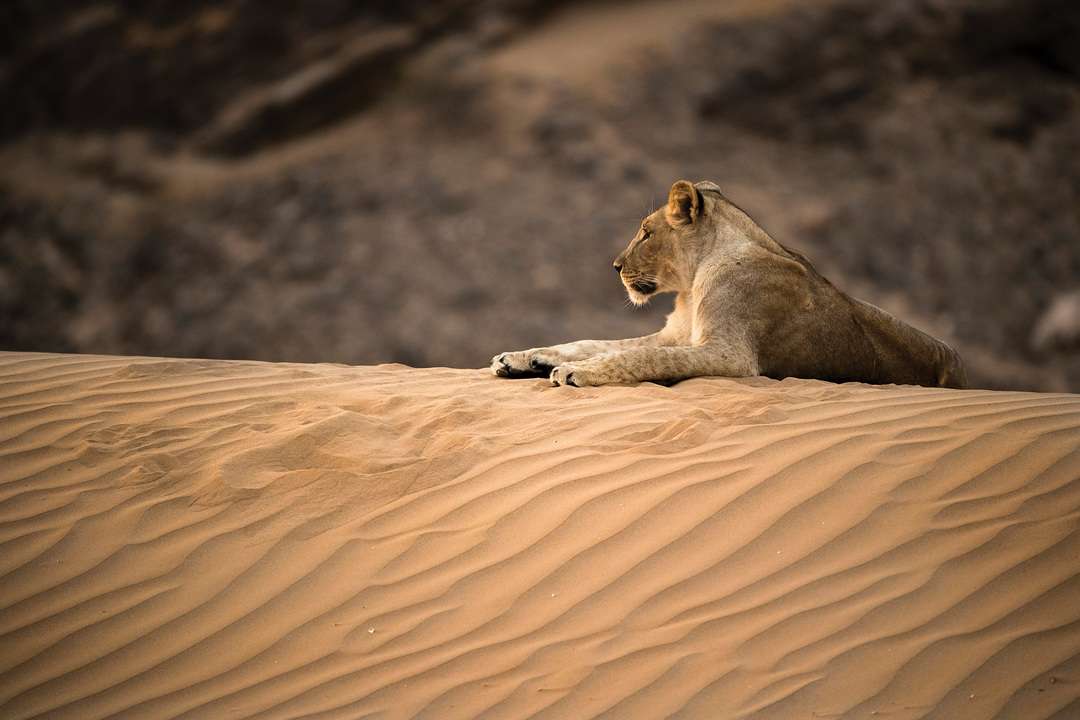
• Our partnership with the Lion Recovery Fund and other leading ecotourism operators saw the launch of the Lionscape Coalition – an innovative initiative in which commercial competitors come together to help secure a future for Africa’s lions and the restoration of their landscapes. By joining forces for lions, we are showcasing our dedication to conservation, and exceeding our reach beyond the mainstream tourism circuit to other areas in dire need of support.
• A pioneering Namibian conservation alliance between Desert Rhino Camp (DRC), NGOs and local community works together to protect Namibia’s last free-roaming black rhino population. The camp serves as a base for one of Save the Rhino Trust Namibia’s tracking and monitoring teams, with all operational costs covered by Wilderness Safaris. Every guest visiting DRC contributes significantly to protecting this Critically Endangered species.
To watch Group Sustainability Manager, Dr Neil Midlane’s video, Conservation in the Time of Crisis – A Message of Hope from Wilderness.

Let’s plan your next journey
Ready?
When we say we’re there every step of the way, we mean it, literally. From planning the perfect circuit, to private inter-camp transfers on Wilderness Air, and easing you through Customs. We’re with you on the ground, at your side, 24-7, from start to finish. Ready to take the road less travelled? Contact our Travel Designers to plan an unforgettable journey.